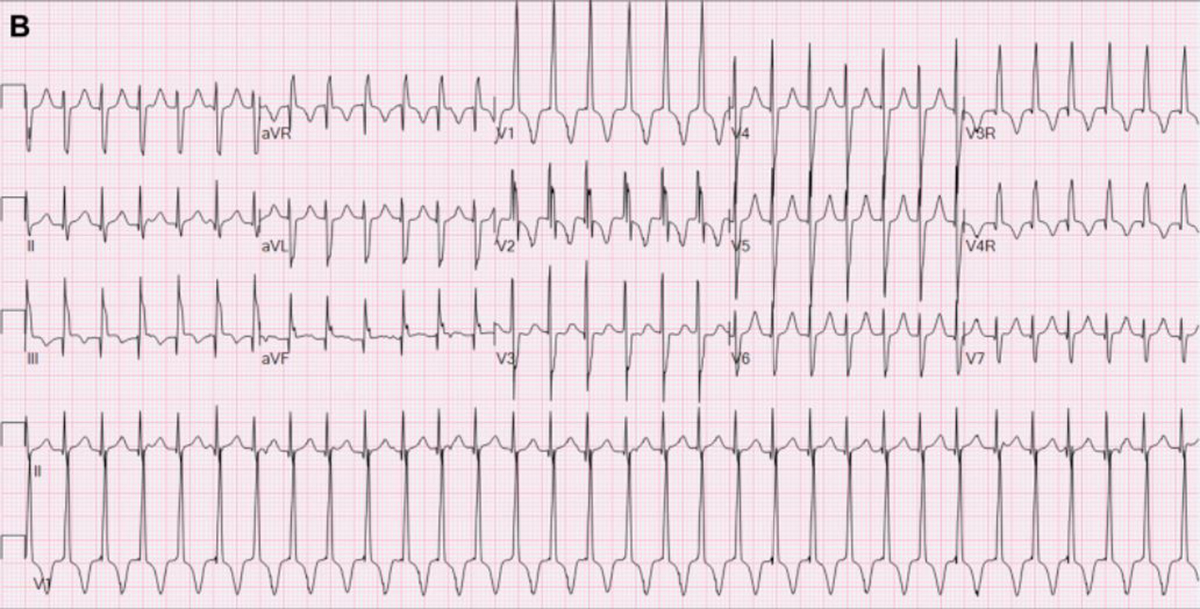
Tachycardia is a medical term for rapid heart beat. Human heart normally beats faster in certain situations (when we exercise or feel frightened) but if rapid heart beat occurs at rest this is a reason for a person to worry and report the problem to his/her doctor.
In adults the heart has approximately 60 to 100 beats per minute at rest. In tachycardia the heart exceeds this normal range. The problem is basically related to heart's electrical system which sends rapid and uncontrollable signals across the entire heart. These signals cause frequent contractions of the heart. Tachycardia may interfere in heart's effectiveness to pump blood properly and all the previously mentioned eventually causes specific symptoms of the disease.
Causes of Tachycardia
A variety of illnesses and other factors are associated with the onset of tachycardia. Generally, there are several types of tachycardia and they are classified according to their starting point. In ventricular tachycardia the problems originate from the ventricles and the rapid heart rhythm is associated with signals generated in specific areas of the ventricle. Supraventricular tachycardia is one of ventricular tachycardias and is caused by abnormal function of AV node. It affects people suffering from heart failure, pericarditis, high blood pressure etc and it can be also induced by drug abuse, too much caffeine and some medications. On the other hand, sinus tachycardia is associated with problems in sinoatrial node. Sinus tachycardia basically occurs if people are anxious, under stress and experience physical exertion. This type of tachycardia is also common if one is suffering from fever, hyperthyroidism, hypoxia, anemia etc. Sinus tachycardia is also connected with excessive intake of caffeinated beverages, nicotine, cocaine and certain medications.
Symptoms of Tachycardia
In some cases tachycardia is basically asymptomatic. However, if there are symptoms they generally occur suddenly and may last from several minutes to even a day or two. The most prominent symptom of tachycardia are palpitations. Palpitation is abnormal heart beat which is felt by a person. The person is actually aware that his/ her heart beats faster. If one measures the pulse it will be fast as well. In some people tachycardia may cause chest pain or pressure, lightheadedness and dizziness and shortness of breath. Some people complain about fatigue. And finally, tachycardia may induce fainting or syncope.
There is a combination of symptoms which actually depend on the underlying cause but palpitations always accompany the tachycardia attack. The symptoms of tachycardia originating from the ventricles and sinus tachycardia are actually similar and only after a patient undergoes EKG the doctor can definitely determine the exact type of rapid heart beat.


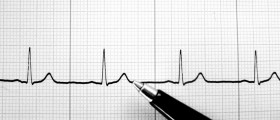






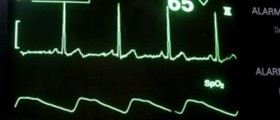
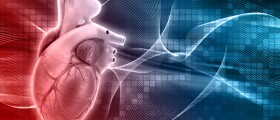
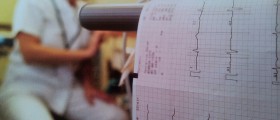
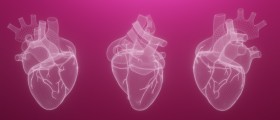

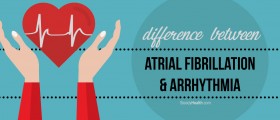


Your thoughts on this
Loading...